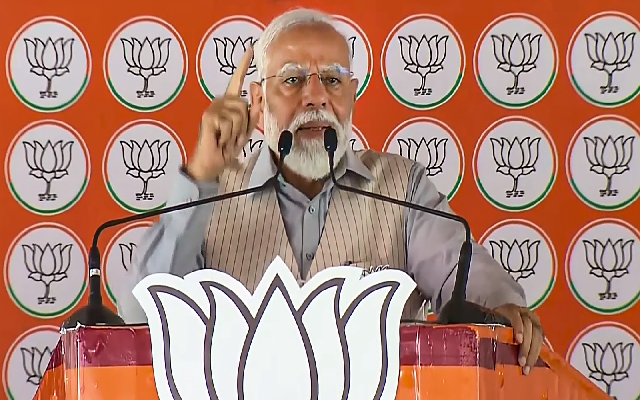Managing finances for healthcare has been a challenge for many people. The rise in healthcare costs due to a surge in medical inflation further fuels the problem. Solely depending on income and savings to manage healthcare expenses often proves futile, if not further deteriorating the situation. Because of high out-of-pocket expenses, lakhs of people are pushed into poverty year after year.
As per the World Health Organization’s (WHO) health financing profile for 2017, around 68% of total health expenditure in India was paid out-of-pocket. This is steep when compared to other developing countries, and the world average just stood at 18%. However, over the years, there could be an improvement in the reduction of out-of-pocket expenses, but we still have a long way to go.
When it comes to managing health expenses, one of the most effective ways is to invest in Health Insurance. It proves to be a reliable investment instrument to tackle hefty medical bills. With medical and healthcare costs on the rise, a better Health Insurance policy is necessary for all for effective management of both health and finances.
People can significantly reduce their healthcare costs by knowing how medical insurance works and the terms and conditions associated with it. Here are some ways that can help reduce out-of-pocket expenses and manage medical expenses:
Choosing Network Hospitals is the key
Every Health Insurance provider has their own network of hospitals with whom they have mutual agreements. These hospitals are known for their quality medical service and facilitate an easy claim process. One attractive feature of Network Hospitals is that people can avail cashless treatment facilities there. It means people do not have to pay medical expenses out-of-pocket. By simply showing the health card and informing the insurer, policyholders can avail treatments without worrying about medical expenses. This eases people’s pressure to arrange for cash support.
Choosing co-pays and deductibles
Co-payment and deductible are some of the standard features of many Health Insurance plans. They are cost-sharing features between the insurer and the insured. It means that the policyholders need to pay a proportion of the incurred medical expenses, while the rest will be taken care of by the insurer. Although both features work on different principles, they share a common feature: cost sharing.
Choosing co-pays and deductibles wisely helps plan one’s finances effectively. For instance, a high percentage of co-pays and deductibles may result in out-of-pocket expenses but significantly reduce the premium, and vice versa. Moreover, it is important to note that the Health Insurance for senior citizens comes with an in-built co-pay feature.
Look for outpatient cover
When it comes to medical expenses, a major chunk is spent on outpatient department. But, unlike hospitalisation, people often tend to overlook OPD expenses. However, these expenses keep piling up if left unchecked and put a huge burden on one’s finances. Hence, it is wise to choose a policy that offers outpatient coverage, especially if people have chronic health conditions that require regular doctor visits. There are many Individual Health Insurance and Family Health Insurance policies that offer coverage for OPD along with regular hospitalisation. Investing in such plans will reduce people’s out-of-pocket expenses.
Opt for a rider
Sometimes, the basic cover offered by a Health Insurance policy may not be sufficient to cover all health needs of people. However, people can enhance their policy coverage by adding riders to it. Riders are optional coverage that can be added by paying an additional premium. With the increase in medical costs and lifestyle diseases, it is better to equip oneself with riders such as top-up plans and critical illness plans. Top-up plans, for instance, enhance the overall coverage of the base policy by providing an increased sum insured at an affordable premium. Whereas critical illness plans are designed to provide exclusive coverage for the listed critical illnesses in the policy schedules. There are many other riders that you can opt for to be assured of 360-degree coverage at a lower premium.
Health Insurance plays a crucial role in reducing out-of-pocket medical expenses and protecting people from possible financial drain. Purchasing a policy as per one’s health needs helps manage healthcare costs effectively. Even for people who are already covered under Group Health Insurance, it is important to invest in a separate Health Insurance policy to be assured of complete coverage.

















